Your once-slim cat has been looking a little chunkier recently, with a low-hanging belly and a jiggly rear end. Why is your cat gaining weight all of a sudden — and what can you do about it?
Here are the three most common causes of weight gain in cats, along with our suggestions for getting your fat cat back to a healthy weight.
Three Reasons Why Cats Gain Weight
1. Overfeeding, Overeating and Poor Quality Food
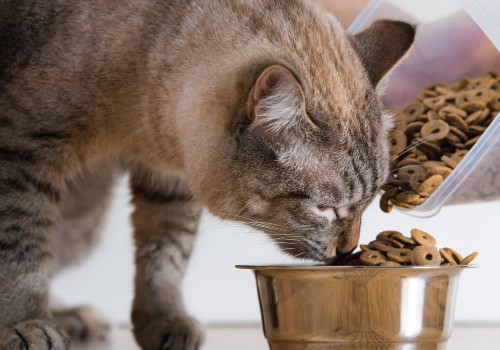
Do you leave a big bowl of food out for your cat to “graze” on throughout the day? Are his begging eyes so powerful that you end up giving him a handful of treats even when he hasn’t earned them?
If so, he could be gaining weight simply because he’s eating too much.
A healthy 10-pound cat needs around 280 calories a day to maintain his body weight (around 28 calories per pound). Any more than that and he’ll start to pack on the pounds — and when you’re a cat, even a few ounces of extra weight can make a big difference.
Take a look at the label on your cat’s food to find out how many calories are in it. The figure will usually be given in kcal/kg — if the label says “1,000 kcal/kg,” that means that there are 1,000 calories in one kilogram of food.
Then figure out how much food your cat eats per day. Measure out his daily food and weigh it on a kitchen scale, then use the information on the label to find out the caloric content.
If the number seems high, chances are your cat is eating more food than he needs to. But if it seems in line with the guidelines, your next step is to check the rest of the nutritional facts on the food label.
Cats need high-protein, low-carb food. Their bodies aren’t able to make proper use of carbohydrates, so high-carb food tends to make them gain weight without providing much nutritional value.
Not all cat food brands list their carbohydrate content on the label, but you can often find out by Googling the name of your cat food along with the word “carbohydrates.” In general, dry cat food is much higher in carbs than wet cat food.
Solution: Reduce Feedings or Switch Foods
If your cat is eating too much, you’ll need to reduce the amount you feed him and/or change the way he gets his meals.
Cutting back on food can be tough for both you and your cat, but it’s important for his long-term health. Calculate the amount of food he needs every day and limit his diet to that amount, no matter how much he begs for more.
Cats that eat smaller meals at specific times tend to weigh less than cats who graze on food throughout the day, so try portioning his food out for breakfast and dinner.
And if you feed your cat dry food, consider switching to wet food or feeding it alongside his dry food. Wet food will help your cat get the nutrition he needs without contributing as much to weight gain as dry food.
2. Lack of Exercise
Cats may be lazy, but like all creatures, they need physical activity to stay healthy. Without regular exercise, your cat will gain weight and may also develop other health problems.
The good news is that cats don’t actually need that much exercise to stay healthy. Just 10 minutes a day of rigorous play is enough to keep their hearts pumping strong and stave off that dreaded weight gain.
Whether it’s running, climbing or roughhousing, play gets your cat’s heart rate up and burns calories, which in turn prevents weight gain.
Solution: More Playtime!
Invest in a couple of high-quality toys that encourage active play. Laser pointers, feathers on a string and other toys that make your cat run, jump and roll around are excellent choices.
You can also purchase or build a cat tree to provide your cat with a way to exercise on his own outside of playtime. Cat trees with multiple levels let your cat climb and jump around, burning calories in the process.
3. Medical Problems
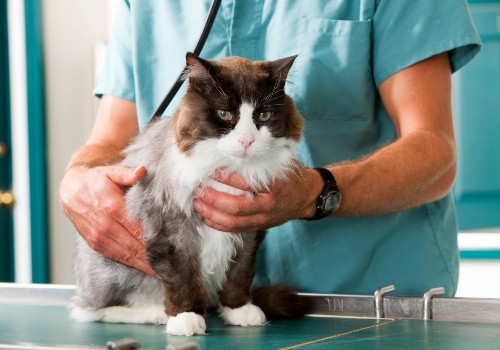
Many medical conditions cause weight gain in cats. Two of the most common are hypothyroidism and Cushing’s disease.
Hypothyroidism is a hormonal condition that results in reduced metabolism and subsequent weight gain. Other symptoms include lethargy, dull coat and hair loss around the ears.
Cushing’s disease is caused by an excess of cortisol, the stress hormone. Cats with Cushing’s disease may gain weight, appear restless, urinate excessively or lose fur.
Diabetes, intestinal disease and medication side effects can also cause weight gain.
Solution: See a Vet for Diagnosis
If you suspect that your cat may be gaining weight because of a medical condition, see a vet ASAP. Only a vet can diagnose and treat your cat, so if you notice sudden weight gain along with any other symptoms, make an appointment for an exam.
Watch the Story of Beau “Fat Cat” Nugget …
"In ancient times cats were worshipped as gods; they have not forgotten this."
-- Terry Pratchett

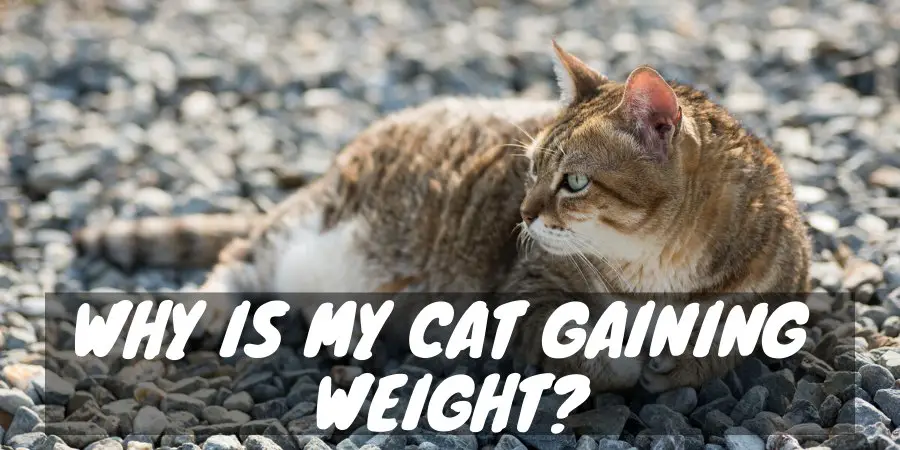

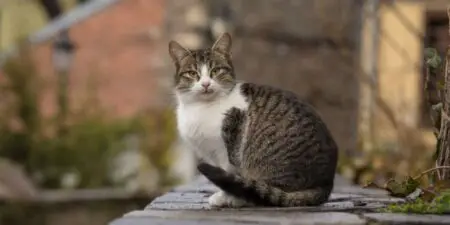
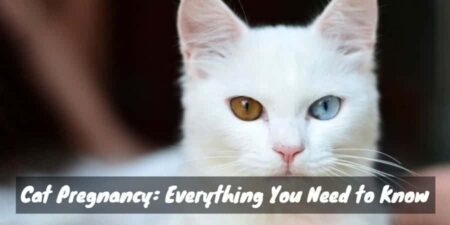

I have a fat kitty (12 lbs), but we’re feeding her ~170 cal a day and she’s still not losing weight. She gets super high quality food. When we took her to the vet, the vet said to just feed her less, and that hypothyroidism in cats is rare. I wonder if taking her back and insisting on tests is worthwhile.